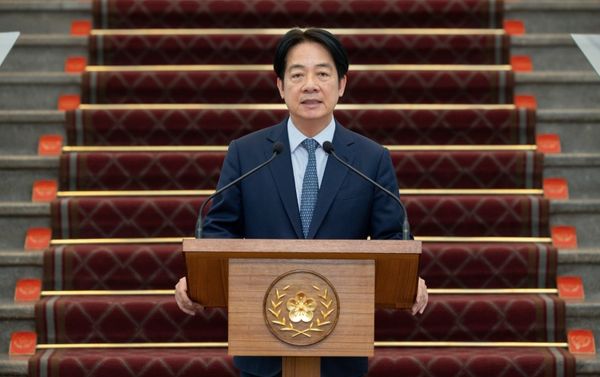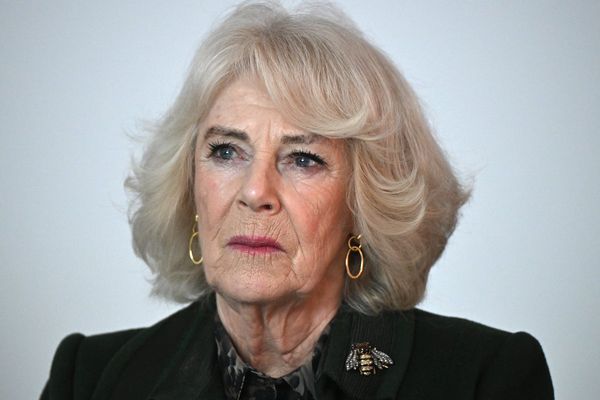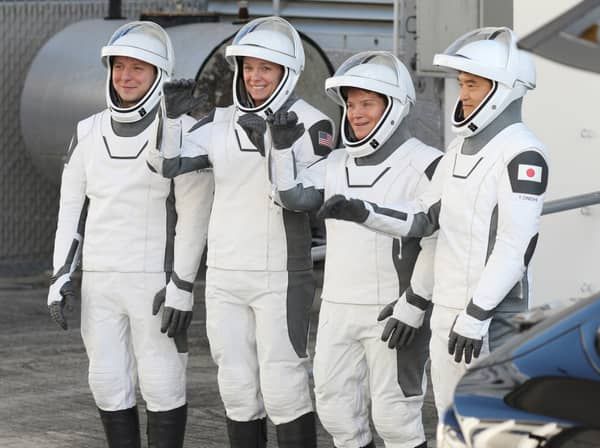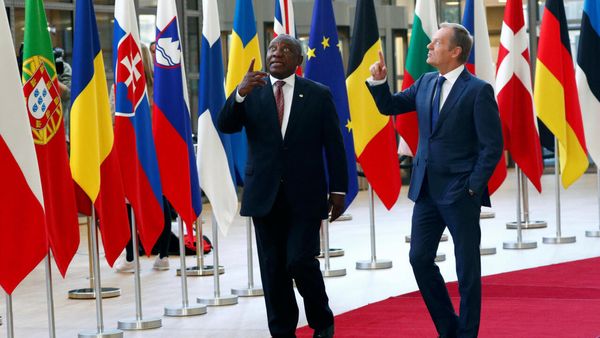
I imagine reading the current coverage of the allegations against Russell Brand is difficult for those who have had similar experiences. It certainly is for me. Reading Marina Hyde’s article (The brave victims of Russell Brand’s misogyny deserve full support. This time, let’s get it right, 19 September) made it clearer to me why something so unconnected with you can feel so personal.
It is the nature of sexual violence that it is both personal and un-personal at the same time. One of the most violating things that can happen to you has nothing to do with you; it’s the perpetrator’s choice, not yours, and it’s not your fault or anything to do with who you are or what you have done. You essentially become nameless, faceless, without your own personality and history.
The coverage of sexual violence does a similar thing. Hyde’s description of the aftermath of the Andrew Sachs voicemails really brings this home. Not only was Georgina Baillie never granted her own humanity, it was never even considered that she deserved any; it seems that even her own grandfather, along with many others, thought she was culpable, even though she was not involved in the call and never consented to that information being released.
This happens with women who report sexual violence against them. Their humanity is again stripped away; they are seen as, at best, a nameless, faceless group of women, at worse, deserving participants or liars. When you have been treated like you have no worth by the perpetrator, it is difficult enough to recover; when you can see that a large portion of society agrees, that feeling can come back time and time again. So, while this is undoubtedly someone else’s story, it brings back memories.
Name and address supplied
• The “deep power imbalance” referred to recently by the BBC director general, Tim Davie, in the context of the behaviour of media stars such as Russell Brand, is sadly nothing new.
In 1990 I started my working life as a lowly studio floor assistant at the BBC Television Centre. While it was an exciting place to work, it was clear that deference to artists was expected at all levels. There was even an internal handbook laying out the behaviour expected of junior production staff towards the “talent”. Even as an eager-to-please 23-year-old, I remember noticing how one-sided it was.
The culture inevitably led to abusive behaviour by some high-profile stars – we all knew who to avoid. It was easier to move unhappy junior staff on to other shows than for senior executives to tackle some artists’ bad behaviour.
One solution now could be for all media and theatre artists’ contracts to include a stringent “acceptable conduct” clause, which they and their agents specifically sign up to, and for this to be accepted as industry best practice.
It’s unforgivable that abuse, both sexual and bullying, still continues in media production more than 30 years on.
Hettie Hope
Woodbridge, Suffolk
• I wonder just how many more Russell Brands are out there, full of arrogance and pumped up in their sense of power because the people around them and the entertainment world have turned a blind eye or enabled their misogyny.
Angela Donnelly
Bryansford, County Down
• Thanks to Zoe Williams for her illuminating piece (The nasty noughties: Russell Brand and the era of sadistic tabloid misogyny, 18 September) on misogynistic celebrity shows and writings of 20 years back. She asserts that this is “material we all watched, all enabled”. To whom does this “we” refer? All people? All women? Women of her generation? As I remember, there existed feminists who criticised this material and refused to watch or read it. They did not lack daring so much as media power, and were often sneered at as puritanical, humourless and sex-negative.
Michele Roberts
London
• By saying “young people now have significantly more extreme misogynistic attitudes”, Zoe Williams is doing exactly what she is writing about – blurring lines. It should read “many young men now have…”. The word misogynistic can be applied to women, but surely it is men being referred to in this article.
Linda Karlsen
Whitstable, Kent
• Have an opinion on anything you’ve read in the Guardian today? Please email us your letter and it will be considered for publication in our letters section.







